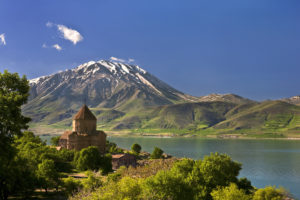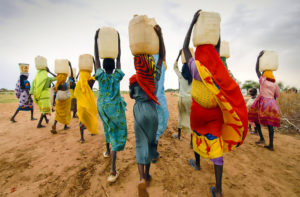
Strengthening the Internal Market
Project is comprised of six components, as follows: Component 1: Improving the strategic, legislative and institutional framework in area of Free Movement of Goods Component 2: Improving the strategic, legislative and institutional framework in area of Free Movement of Services. Component 3: Improving the legislative alignment with the

Provision of Advisory Services for Development of Social and Environmental Investment Programmes for TANAP Project
Natural gas and its transportation are one of the biggest economic challenges for Turkey. Based on this context, the project aimed to construct a pipeline and other related facilities necessary to transport natural gas through the Republic of Turkey, which altogether were to form the Pipeline System. The

Technical Assistance for Support to the Local Human Rights Boards and Women’s Rights Awareness
Despite laws being passed in the 1990s to eliminate discrimination against women and a law to protect survivors of domestic violence being enacted in 1998, the country lags behind in implementing its national and international gender equality commitments. Women in Turkey continue to face challenges, with gender-based violence

Technical Assistance for the Operation of “Hand Made in Hatay”
However, Antakya craftspeople and businesses can offer original designs and fine workmanship and can draw on a long master-apprentice tradition and rich multicultural history, the city has not lived up to its potential. This initiative, the Hand Made in Hatay project is part of a larger initiative, financed

EU Eastern Anatolia Development Programme (EADP)
The East of Turkey has had delayed progress compared to the economic development of other regions in Turkey. In this context, the Eastern Anatolia Development Programme was a regional development programme aimed at building capacity for sustainable development by implementing innovative and participatory local policy and planning approaches.

Technical Assistance Support to the Women’s Breakthrough Project
Over the next century, half the world’s population growth is expected to take place in Africa. It is recognized that one of the continent’s most significant development challenges will be creating enough quality jobs and to employ this population growth. Gender equality, particularly the inclusion and empowerment of

